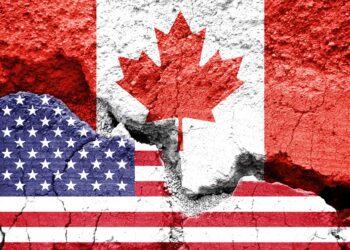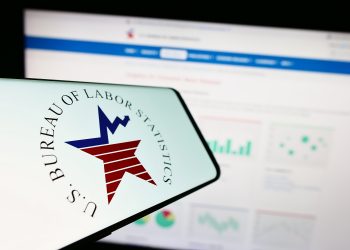The Consumer Financial Protection Bureau (CFPB) on Thursday said that apps allowing workers to access their paychecks early, typically with a fee associated, are considered loans and must comply with the Truth in Lending Act of 1968, which requires lenders to disclose all loan costs and fees. The proposed rule aims to provide clarity to the growing Earned Wage Access industry, which has been likened to payday lending, and to ensure borrowers can easily compare products and avoid predatory practices, according to CFPB Director Rohit Chopra.
Earned Wage Access apps, which offer small short-term loans to workers between paychecks, have gained popularity over the past decade, especially before and during the pandemic. Workers repay these advances on payday, along with any associated fees. In 2022, the CFPB reported that 5% of American workers used these apps at least once, with 7 million workers receiving $22 billion through employer-linked apps and 3 million workers receiving $9.1 billion through direct-to-consumer apps.
The CFPB’s research found that users typically take out 27 loans per year, nearly one for each biweekly paycheck, leading to an average Annual Percentage Rate (APR) exceeding 100% due to fees. These fees, particularly for instant transfers, contribute to high costs, often more expensive than subprime credit cards. The typical user earns less than $50,000 annually and has been affected by recent high inflation, making them more vulnerable to the high costs associated with these apps.












